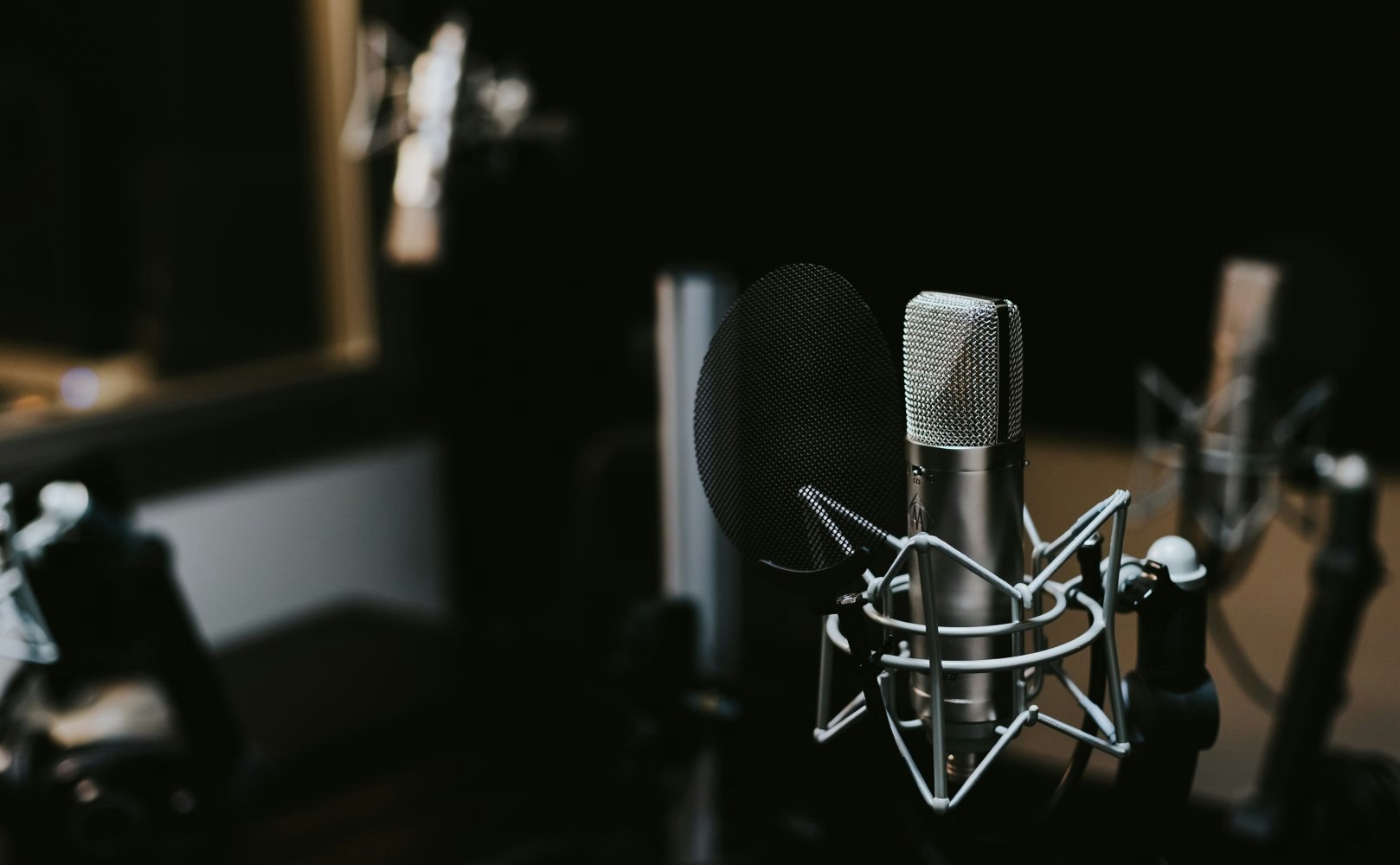
■ Features
Discover the history of music recording with a brief guide from Pirate.
Apart from being a music producer’s dream to bring their artistic vision through sound with a talented and creative team of engineers and musicians, music recording is the process of capturing sound recordings on an audio recording device.
Music recording and music producing is a popular hobby for many people, and it can also be a lucrative career. There are many different types of music recordings, from traditional albums to singles and EPs. So, before learning how to produce music, it might be helpful to understand a little more about what music production is and where it came from.
Journalist, Lucky Acan, explores the history of sound, music production and how its impact has had a profound effect on previous and current cultures.
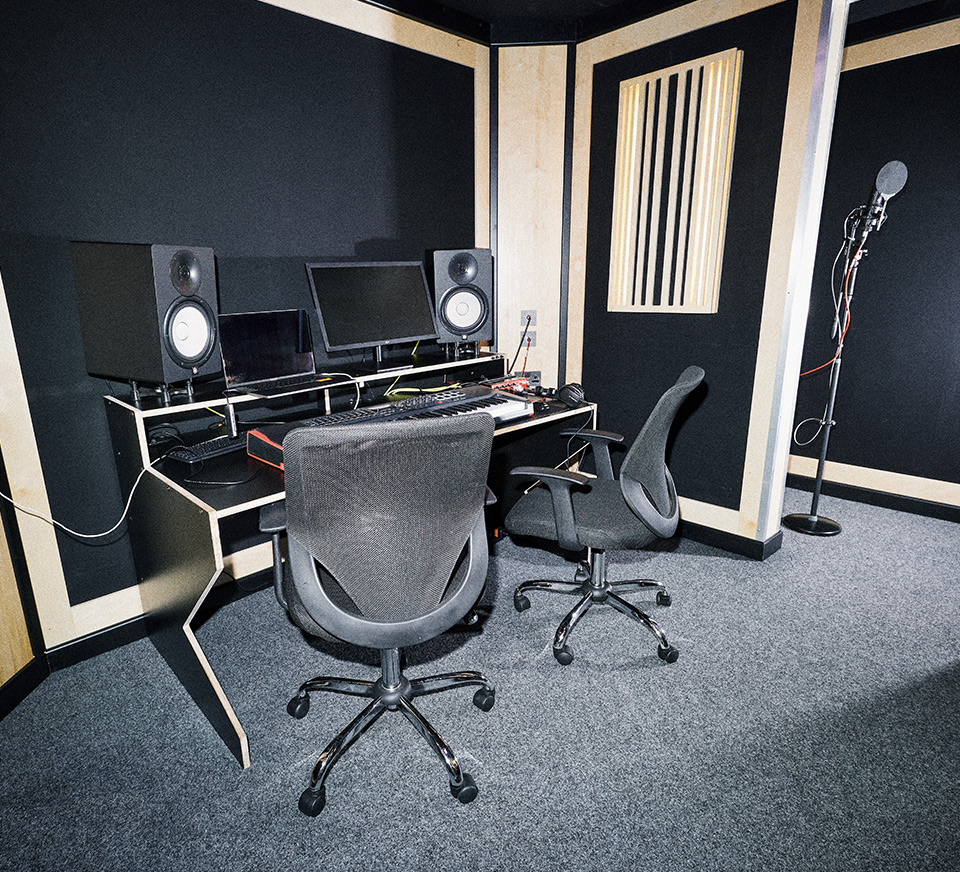
The history of music production technology is traced back to the late 19th century when inventors began experimenting with ways to capture and reproduce sound.
Some say the birth of music recording began in France with Édouard-Léon Scott de Martinville, who invented the phonautograph in 1857. His device was the first to record acoustic waves, but couldn’t play back the sounds it had captured.
Record players were invented in 1877 when Thomas Edison invented the first device that could both record and play back sounds; his phonograph used two cylinders wrapped in tin foil: one needle was to record the sound and the other was used to play back the sound. This was the first record player.
The Phonograph grew in popularity, and in 1887 Emile Berliner invented a disc-based version. His Gramophone, which he commercially introduced in 1895, used a disc with spiral grooves, and the sound was reproduced using a needle and diaphragm. This is the moment that records begin to become the leading format.
Microphones were invented In 1877. Emile Berliner, invented the microphone while studying the telephone that Alexander Graham Bell had invented in 1876.
The microphone revolutionised the music production process and the wider music industry. It allowed for the amplification of sound so that music could be heard more easily and over greater distances. The microphone allowed the development of new genres of music, such as rock and roll, and it also made it possible for people to listen to music in new ways, such as through radios and loudspeakers.
The following year, a commercial recording studio, the United States Gramophone Company, was founded in New York. Also, the first record company was created, Edison Phonograph Company, which Columbia records was created soon after. Many say that this is when the music industry started.
In 1889 the Gramophone company was registered in London by William Barry Owen and Trevor Lloyd Williams. Initially, many in London were unimpressed with the Gramophone until Williams visited Berliner in 1898.
The first recorded music on vinyl was made in 1898 by the Victor Talking Machine Company. The recording was made on a wax cylinder and featured a female vocalist singing the song "Twinkle, Twinkle, Little Star." This was the moment that vinyl records were invented.
However, it's not until 1901 that vinyl records come out more widely. This was the year that the Victor Talking Machine Company began selling a vinyl disc machine called the Victrola. It was then that the term “record” first became commonly used in reference to the vinyl discs that played on the Victrola.
The Victor Talking Machine Company and The Gramophone Company were two leading competitors in the early days of the phonograph and talking machine industry. The Victor Talking Machine Company was eventually acquired by the Radio Corporation of America (RCA) in 1929, while The Gramophone Company was acquired by the British conglomerate EMI in 1931.
In the early years of the 20th century, saw the rise of the first superstar recording artist, Enrico Caruso. Caruso was the first artist recorded by the Gramophone Company and he went on to make over one million pounds in royalties. The Victor Talking Machine also recorded other great performers such as Nellie Melba and Sergei Rachmaninoff.
The first commercial recordings of jazz were made in 1917 by the Original Dixieland Jazz Band. The diverse and integrated group of five musicians recorded "Livery Stable Blues," which became the earliest released jazz record.
The first electrical recordings were made in the 1920s by scientists working for Bell Laboratories. These new recordings were an improvement over the previous acoustic recording methods, which were limited by the sound quality that could be achieved.
Also, in the 1920s, record companies in the United States began using the term “race records” to market music by black artists to black audiences. These records were usually made on lower-quality materials and were not meant to be played on the expensive Victrolas that most white Americans owned.
The Great Depression of the 1930s brought hard times to the recording industry. Sales of phonographs and records declined. Many record companies recorded music on lower-quality materials and pressed fewer copies of each record to cut costs.
After World War II, the recording industry began to rebound. New technologies, such as the long-playing (LP) record and the compact disc (CD), were introduced, and new genres of music, such as rock and roll, became popular. British influence was having an impact on the recording industry as record companies expanded their pop music offerings, signing a number of British pop and rock and roll stars, including Cliff Richard, Beatles and the Rolling Stones
In the 1980s, the introduction of the digital audio tape (DAT) and the compact disc (CD) changed the music industry again. The first DAW was developed by English engineer and musician Tony Banks in 1981.
Banks was working on a project to create a digital version of the Fairlight CMI, a popular music synthesizer of the time. His work led to the development of the first DAW, which he named Sound Maker.
It became easier for artists to produce and distribute their music, and for listeners to access a wider range of music. The increased availability of music also had an impact on the way that people consumed music, as people were no longer limited to the music that was available in their local area.
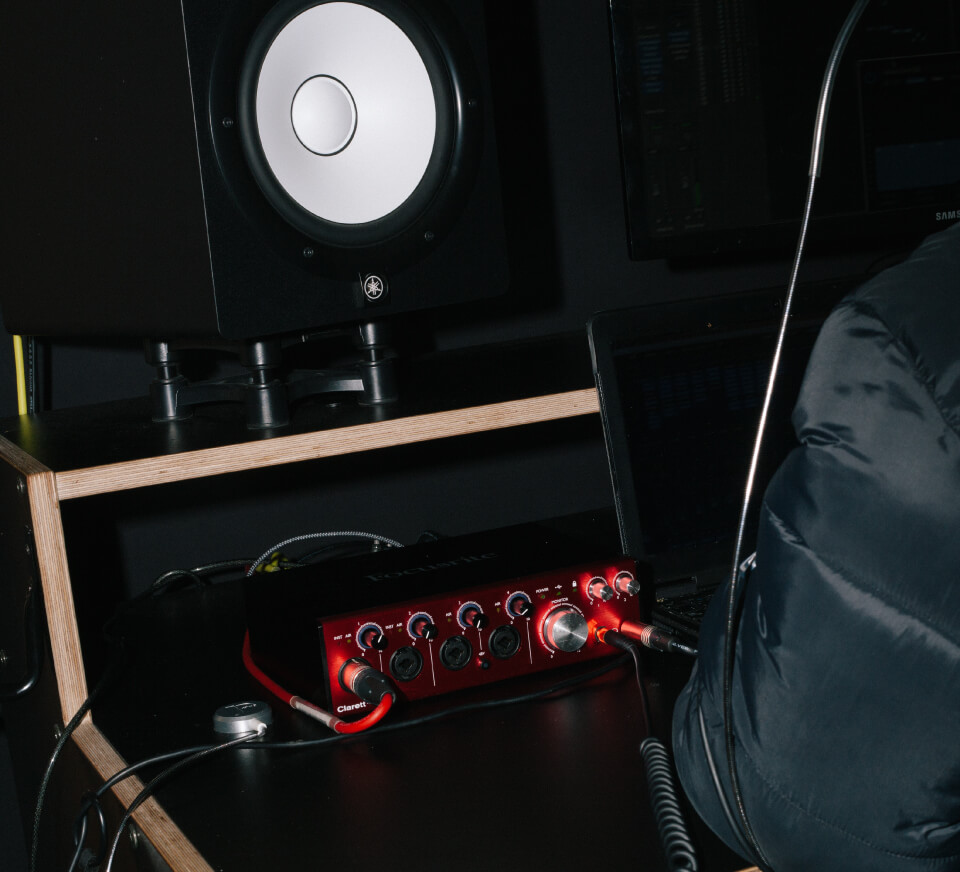
The changes in the music industry in the 1980s led to the development of new ways of buying and streaming music. With the introduction of digital audio files, people were able to purchase music online and download it onto their computers or other devices.
Additionally, the development of streaming services, such as Spotify and Apple Music, meant that people could listen to music without having to purchase it and made it easier for people to access music. This led to a decline in sales of physical copies of music.
Some of the challenges faced with the introduction of audio files and streaming services were:
The response to the challenges the industry faced was:
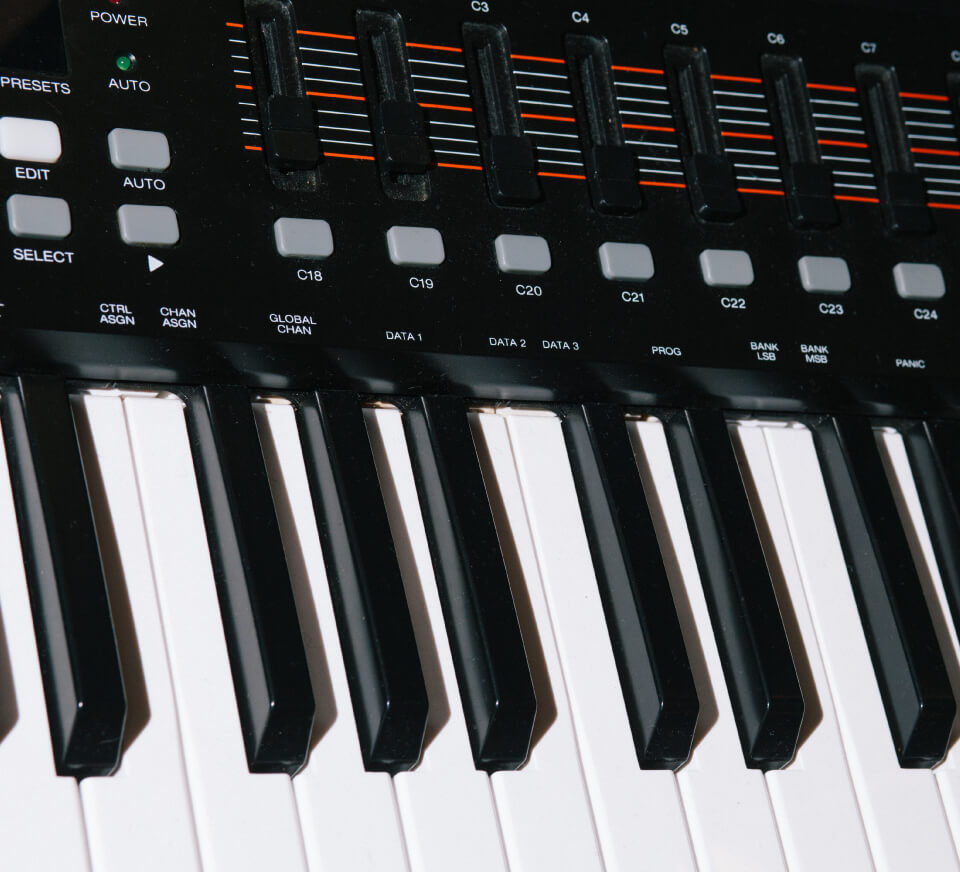
Music producers don’t own the songs they make, but they may own the rights to the recordings. Instead, it’s the songwriter or composer who owns the copyright to the song.
In some cases, the producer may own the rights to the song, if they wrote it, or if they bought the rights from the songwriter. It is important to note that the producer does not necessarily have to be the one who records the song. They may simply oversee the recording process and hire someone else to do the actual recording.
The producer may also own the rights to the master recordings, which is the final, complete version of the song that is ready to be released to the public. The producer may also own the rights to the demo recordings, which are early versions of the song that are used to pitch the song to record labels or other artists.
In some cases, the producer may own the rights to the live recordings, which are recordings of the song that are made at live concerts. It is important to discuss ownership of the rights to the recordings with the producer before entering into any agreement and vice versa. Read Pirate’s Music Production Tips here.
It depends on how you define "music producer." One popular theory is that the first music producer was George Martin, who worked with the Beatles.
Martin was a record producer, arranger, composer, conductor, audio engineer, and musician. He’s credited with helping to shape the Beatles' sound and is often referred to as the "Fifth Beatle." He worked with the band from 1962 until their breakup in 1970.
Other notable early producers include Phil Spector and Brian Wilson. Spector is often credited with creating the "Wall of Sound" production technique, which was influential in the 1960s. Wilson was the main producer, songwriter, and arranger for the Beach Boys. He is credited with helping to create the "California sound"
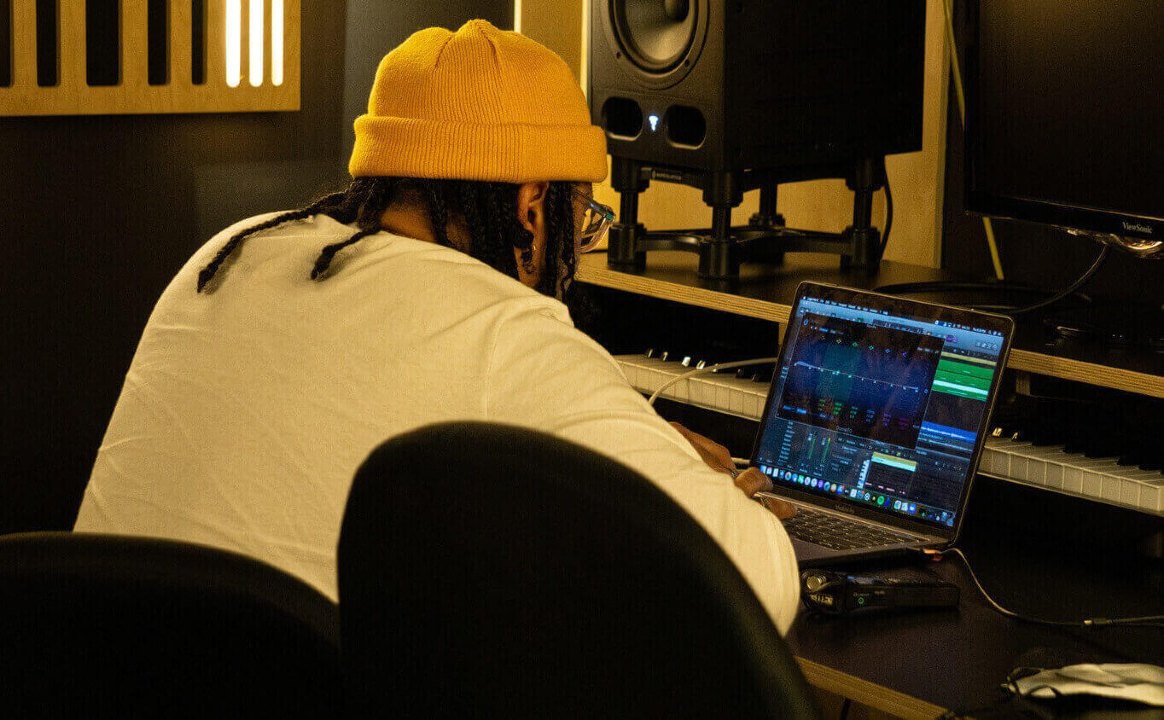
Today, the music recording industry is a global business with companies in many countries. The industry has been affected by many changes in recent years, including the rise of digital music formats, new ways to produce music, and new genres being created and played worldwide - impacting the current state of culture we see today.
The role of a music producer, and what a music producer does exactly, has changed a lot over this long history of recorded music. However, even in the 21st Century, it's good to gain an understanding of how music was produced before DAWs and audio interfaces.
Feeling inspire to make some music? Book a recording studio with Pirate by-the-hour in cities across the UK, US and Germany.
